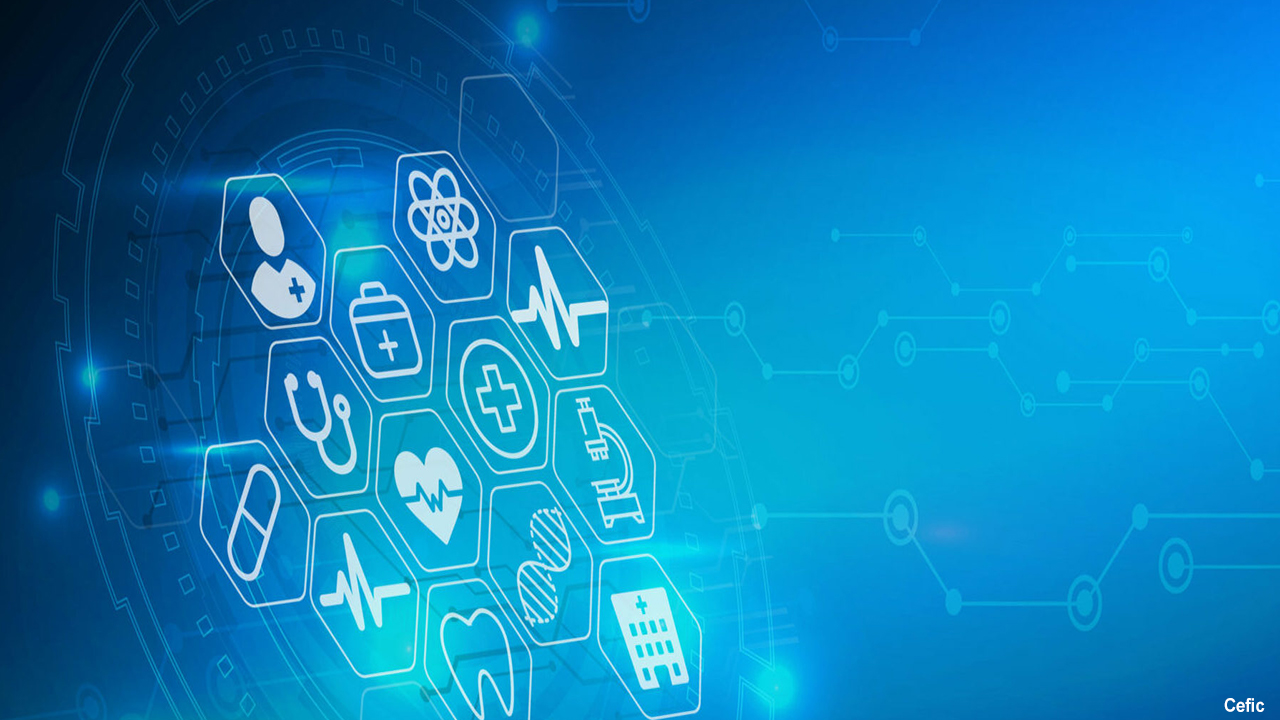Blockchain is an advanced database mechanism that is used to record, preserve and exchange patient data across hospitals, diagnostic laboratories, pharmacies and physicians. Data is stored securely, so that the record cannot be altered.
A blockchain database stores data in blocks that are linked together in a chain. In short, blockchain can improve digital health by making it simpler to share data securely, with a patient agreement, across incredibly dispersed healthcare system
Benefits of Blockchain in healthcare:
Decentralized system - Blockchain is decentralized structure that removes the need for a centrally controlling authority and instead distributes power across all participants within the blockchain ecosystem.
Transparency and control - Blockchain is a system that gives you transparency of activities on application, and control over how their data is used.
Security - The Blockchain provides the facility of unalterable records with end-to-end encryption, which shuts out fraud and unauthorized activity. It ensures the safety and privacy of data and prevents it from getting stolen or misused.
Visibility and traceability - Blockchain has the ability to trace the origin of a variety of items like medicines or any product or equipments to confirm they are legitimate.
Cost efficient - Blockchain system can reduce cost for organizations. Mainly, it reduces cost by eliminating middlemen, vendors and third party providers.
Speed - By eliminating intermediaries and replacing manual processes, the work can be done comparatively faster. Transactions can also make in seconds.
Features of Blockchain:
Registry and Tracking - Recording medical data of patients in a transparent way and tracking it with the consent becomes easier.
Identity - It manages the identities of people registered in it (doctors, patients, pharmacies, laboratories and researchers) and permissions for authentication. It also has ability to verify identity without divulging sensitive information.
Accessibility - Healthcare providers can access patient's records for their medical history to provide appropriate treatment.
Settlements - Settlement of income through tracking the flow of goods/revenues or the utilization of services/assets.
Transactions - Payments can be done in real-time, without any delays or fear of frauds.
Blockchain is a powerful technology that enables supply chain transparency, patient centric electronic health records, staff verification and Insurance facility. This will help healthcare sector grow smooth, fast and efficiently.

 Blockchain is a technology that stores information electronically in a digital format as a database. This technology can be revolutionary for healthcare sector worldwide. Let's learn more about blockchain.
Blockchain is a technology that stores information electronically in a digital format as a database. This technology can be revolutionary for healthcare sector worldwide. Let's learn more about blockchain.









.jpeg)







.jpeg)

.jpg)










